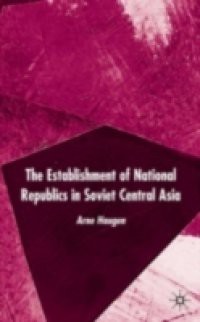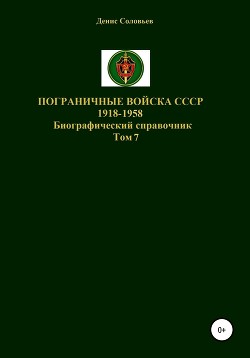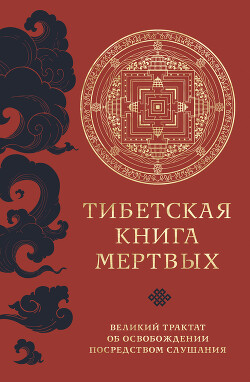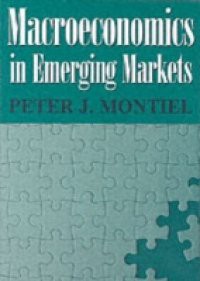The starting point of this book is the paradox that the Russian revolutionary socialists developed from anti-nationalists to first-rate nation-builders. The study explores the so-called "national-delimitation" of Central Asia, by which national Soviet republics were established in the 1920s. In this process, the relationship between the central Soviet authorities and indigenous political actors was more complex than Western scholarship has traditionally acknowledged. From the perspective of the Soviet authorities the promotion of national identity in Central Asia was a constructive element in the building of the Soviet state and society. In the West the idea that the Soviet power reorganized Central Asia in order to pacify a potential opposition has developed into conventional wisdom. In contrast, this analysis suggests that the delimitation involved a considerable element of local influence and even attempts at consensus-building. As a consequence, the new territorial-political organization of Central Asia bore a considerable degree of historical continuity.



















